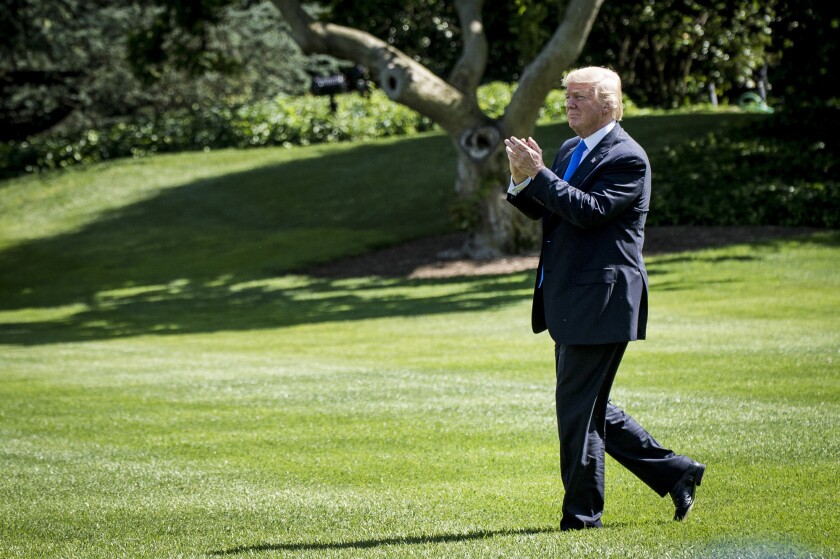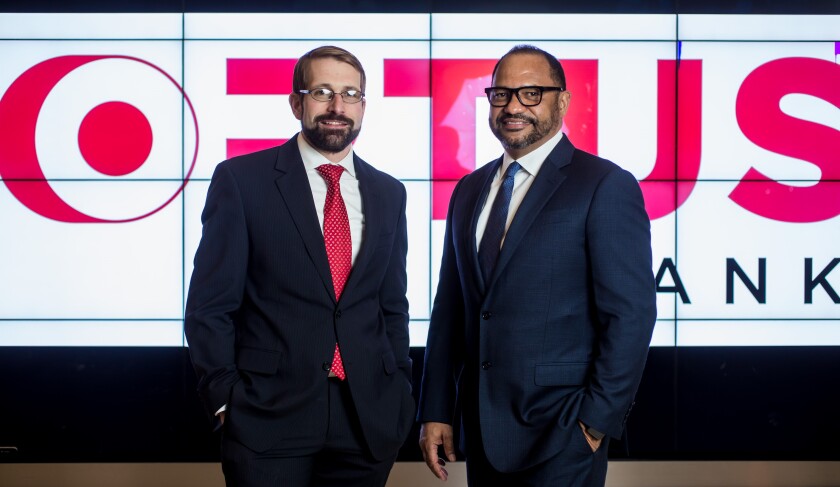If the mega payments deals of 2019 left the acquiring landscape somewhat scorched, the COVID-19 pandemic planted new seeds to allow ISOs to grow by quickly converting merchants to electronic payments.
As if marketing an accounting firm wasn’t challenging enough, throw in COVID-19 along with political, social and economic upheaval, and you’ve got a challenge for the ages.
New York City's comptroller wants the mayor to pull the executive order he issued in March, when the city needed to quickly purchase ventilators and other coroavirus-related equipment.
The U.S. Treasury Department still has yet to tell companies how to handle President Donald Trump’s order delaying the due date for employee payroll taxes, leaving major employers like Walmart Inc. in the lurch.
"It's on-demand capital for us," Optus Bank's CEO says of the payment company's deposit. The funds are part of PayPal's broader effort to confront race and income inequality.
Various efforts to limit cash were in motion well before the global health crisis, but merchant and consumer digital money habits being built during the pandemic will carry on for many years, thus leaving cash sidelined in many purchasing scenarios.
The Internal Revenue Service plans to send approximately 50,000 “catch-up” economic impact payments.
The novel coronavirus pandemic led to a transition from employer-provided meals to food delivery services arriving at employee homes, as workers all but eliminated their travel expenses, according to a new report.
Amid the economic and health wreckage the COVID-19 global pandemic has created, payments have stepped to the forefront in a way that has allowed banks, merchants and consumers to not only continue to do business, but also to increase communication.
Several significant changes are probably in store for next tax season.















